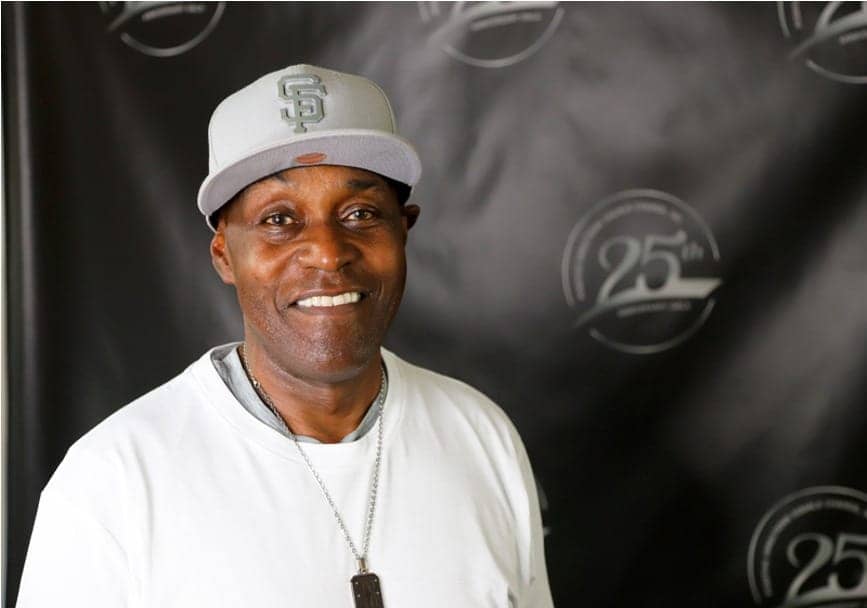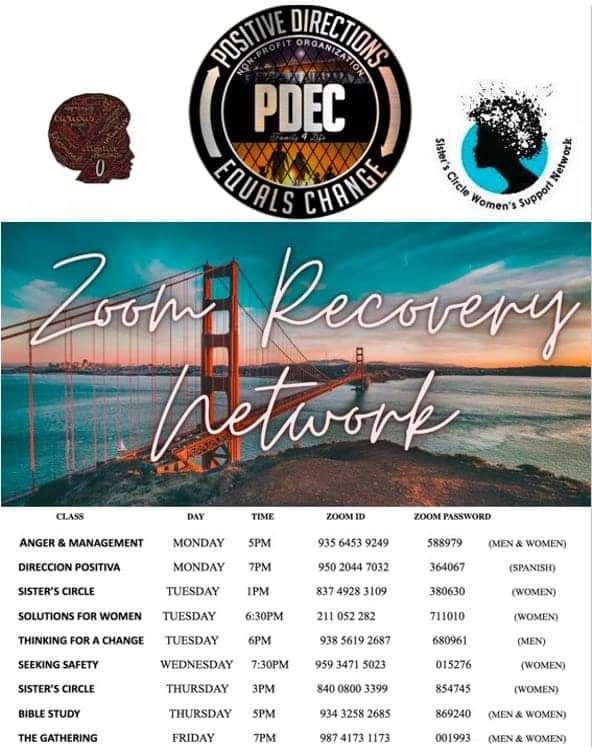
by Cedric Akbar, Executive Director, Positive Directions Equals Change
Substance abuse resources and support are of great need in our minority communities, as many face barriers when accessing resources and treatment, including lack of insurance, lack of diversity among substance abuse providers, lack of culturally competent providers and distrust in the health care system.
During the pandemic and its aftermath, mental illness and substance abuse spiked. While the City of San Francisco pits one service provider against the other, the addicted, homeless, downtrodden and people in communities of color continue to suffer.
The battle wages over whether more treatment modalities are needed and who should be at the forefront to provide them. Whether it’s harm reduction or strictly an abstinence-based therapeutic program, the evidence shows that both work and are needed to foster healthy, productive, engaged men, women and families. This raises two very distinct issues.
First, does the city’s budget provide sufficient funding? But the second question is larger: What can we do to create capacity for these kinds of services in the city? The worldview from my vantage point, especially during today’s challenging times, is that we need to provide options. And we want to make sure that we have equity in treatment providers.
Not everyone experiencing substance abuse is a criminal. Framing is important. Think of them as human.
Addiction is not a zero-sum game. There are bad people in every population, but not everyone experiencing substance abuse is a criminal. Framing is important. Think of them as human, not somebody who is out to get you.
Let’s cut to the chase and provide an immediate increase in funding to Medicaid providers and in-need communities, increase funding for peer support and community-based services, address the social contributing factors to substance abuse and mental health and commit to permanently funding these policies.
A last point regarding the racial inequity in San Francisco is related to the impact addiction has on the African American community. Addiction continues to be one of San Francisco’s most complex issues and, before COVID-19, its most prevalent public health crisis. Thousands of San Franciscans, regardless of race, color, creed, religion, sexual orientation or socioeconomic stature are impacted by addiction.

However, as seemingly is the case with other issues throughout this city, the African American population is impacted at a higher rate and there is a greater disparity in accessing quality care. As we as a city look inward to find ways to create true equality for African Americans and all citizens of San Francisco, we must also examine our laws and policies related to criminal justice, incarceration, approaches to addiction and mental health treatment, beliefs surrounding substance use disorder and mental illness, acknowledge existing systemic issues within our current system and work towards positive change.
If you or someone you know needs help for addiction or co-occurring disorder issues, please give us a call at 415-401-0199.
Positive Directions Equals Change is a community-based organization in the Bayview, offers classes and support groups each day of the week. If we aren’t the best fit for you or your loved one, we will take the necessary time to work with you to find a treatment center or provider that better fits your needs. Please give us a call at 415-401-0199 or email our team at recoverycorner@pd4life.org.
Cedric Akbar is the executive director of Positive Directions Equals Change. To get in touch, call 415-401-0199 or email the team at recoverycorner@pd4life.org.





